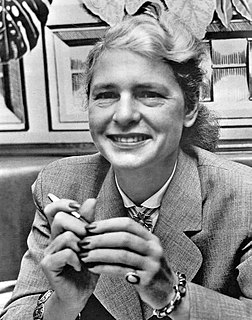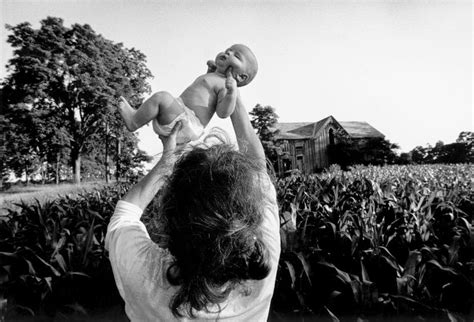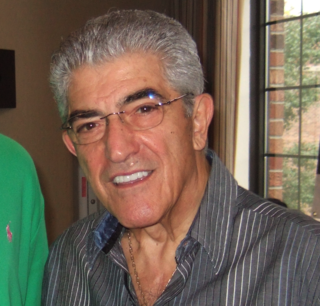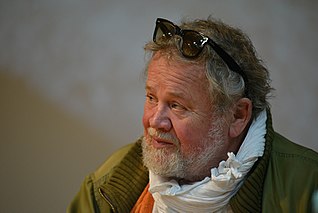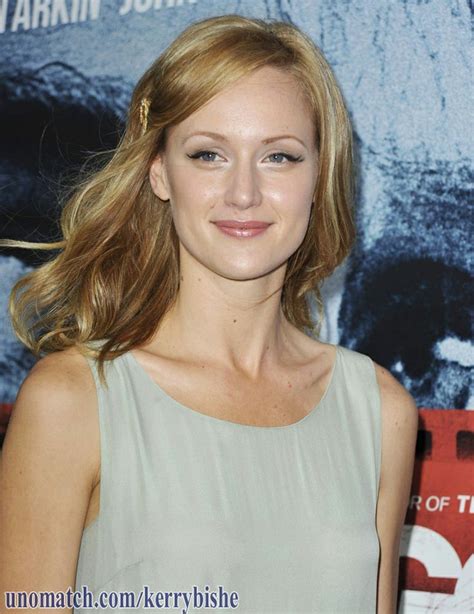A Quote by Dorothea Lange
You put your camera around your neck along with putting on your shoes, and there it is, an appendage of the body that shares your life with you. The camera is an instrument that teaches people how to see without a camera.
Related Quotes
A huge part of what we do as actors is learning to ignore the camera, as if it's not even there, while simultaneously being very aware of the camera and what it's capturing, because you can give the best performance of your life, but if you do it with the back of your head facing the camera, it's going to get cut from the movie.
When you are interviewing someone, never let your camera person turn off the camera. The second you turn off the camera, they'll say the magic thing that you'd been looking for the whole interview. People want to relax after the performance is done. Don't be afraid of awkward silence. That is your friend.
It's just a matter of who you are and how you talk to people. Your subjects will trust you only if you're confident about what you're doing. It really bothers me when photographers first approach a subject without a camera, try to establish a personal relationship, and only then get out their cameras. It's deceptive. I think you should just show up with a camera, to make your intentions clear. People will either accept you or they won't.


